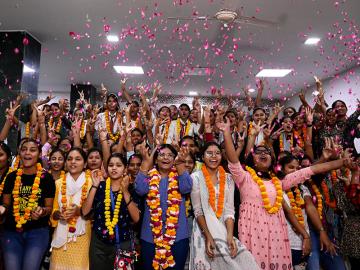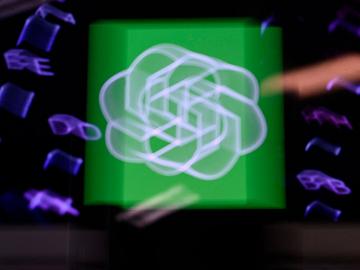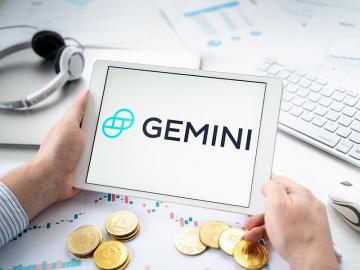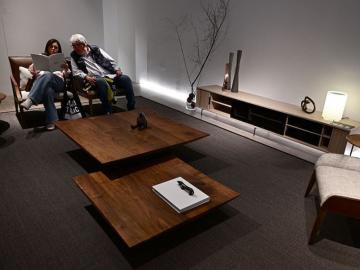A laptop brand from Hong Kong is braving the odds in India's PC market
Avita has made heady progress in India over the last two years. Can it take on the heavyweights of the country's personal computer market with its odd and colourful strategies?
Seema Bhatnagar, regional business director (South Asia & MEA) of Nexstgo, the parent company of Avita
Two years and two percent market share. Too young but itching to take on the big boys like HP, Dell and Lenovo. Bright laptops—blazing brown, flaming copper, delightful pink, sunflower yellow and traveller green—in a market dominated by the age-old black, grey and dark blue. Sounds odd and outrageous, right?
This is what Avita has done. A sub-brand of Hong Kong-based PC maker Nexstgo, Avita has grown at a brisk pace since its debut in India in 2019. Though its market share might look pony when compared to the giants, what makes Avita a serious player and definitely a threat to the established ones is its bold and differentiated strategy. While its vibrant laptop colours woo millennials, its price point—neither too premium nor falling in the budget segment—suits the pockets of a wide set of consumers. A differentiated marketing approach has also helped it scale.
The second big factor pushing Avita’s growth was its distribution strategy. In 2020, it partnered with Ingram Micro, one of the big PC distributors in the country. “It gave the brand an increased reach across the country,” says Shenoy. The portfolio, he underlines, has a clutch of aggressively-priced products that have helped them grow. The brand is also not entirely dependent on ecommerce and has been increasing its presence in offline channels too. “This helped and might help them further in their progress,” Shenoy says. India, he adds, provide immense headroom for growth for brands like Avita.
Seema Bhatnagar, regional business director (South Asia & MEA) of Nexstgo, the parent company of Avita, is making the most of the opportunity. “We are likely to corner around 10 percent market share by March this year,” she says. “We do not do what big brands do,” she says, alluding to huge marketing budgets of the rivals. Avita, she explains, has a very effective marketing programme helping it to reach out to millennials and other target users.
For this, Bhatnagar brought in a colourful strategy. “We sell 18 colours in India,” she says. When the brand was rolled out in India, she recalls, the initial reaction of the market was disbelief. “The whole world was in black and silver,” she says, alluding to the conventional colours sold by competitors. “We created a market for colours,” she adds.
The second differentiating strategy came in terms of technology. Avita was launched without a hard drive. “All the models have in-built SSD feature,” she says, adding that the brand created awareness among retailers and users about the benefits of light and compact notebooks. Bhatnagar also launched Vaio in India last year. In June 2018, Nexstgo got the rights for production, sales, marketing and after-sales services of Vaio notebook products in Asia.
The third strategy was adopting an online-only approach for the first few months. The reason was obvious. As the brand was new, offline retail channels was hesitant to take a bet on the newcomer. “We were only on Amazon and Flipkart begin with,” says Bhatnagar. The gambit worked. Consumers gave a chance to the new kid on the block, and then the offline channels too became receptive. After a good groundwork in 2019, came the Covid-19 pandemic. And Avita seized on the opportunity. “We added multiple models in Rs 20,000-Rs 25,000 price point, which propelled our growth,” says Bhatnagar, adding that the company is planning to roll out smart lights, smart watches and tablets.
Though pandemic gave a massive boost, Avita might face a new set of challenges. The biggest is managing consistent supplies. The second issue could be ramping up distribution network and more service centres. “These are the areas where the established players have a massive edge,” says Shenoy of IDC India.
Bhatnagar is not scared of big rivals. Conceding that the big challenge for the company is managing component shortage, an issue faced by all players in the industry, she is confident of keeping up with the pace of growth. “I know from two percent to 19 percent is a huge jump, but I am confident,” she says, as she gets on with her odd bet to make the Hong Kong brand a big name in India.
Check out our Festive offers upto Rs.1000/- off website prices on subscriptions + Gift card worth Rs 500/- from Eatbetterco.com. Click here to know more.















